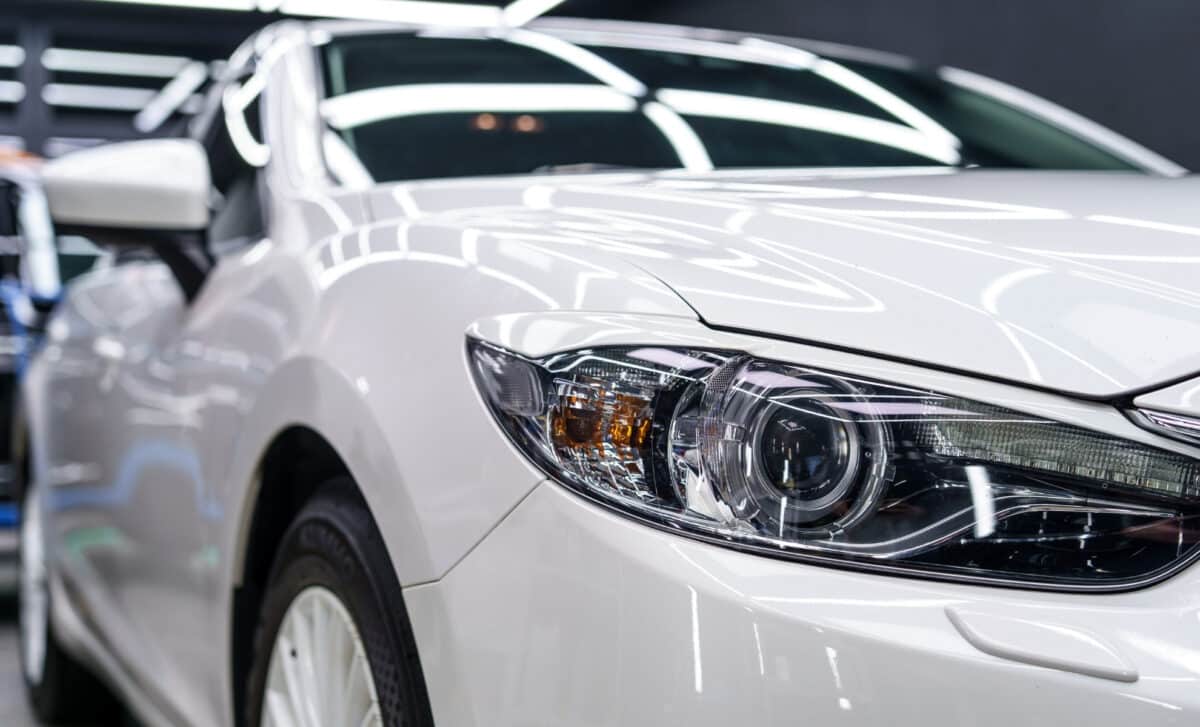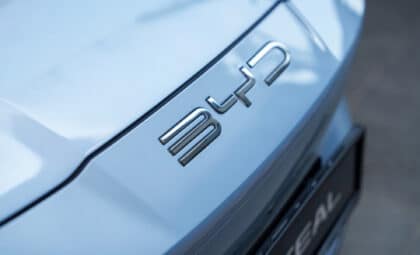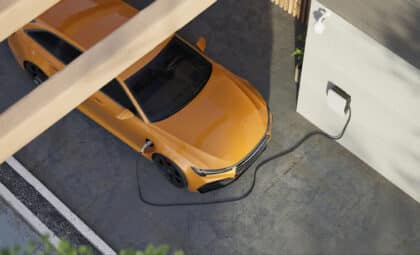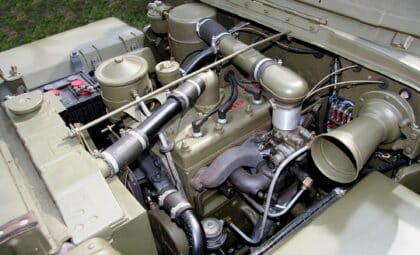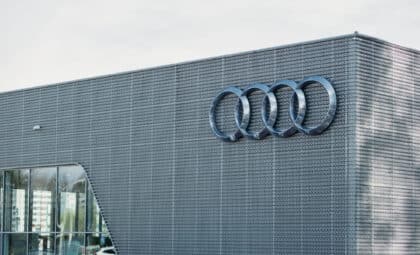Most cars begin to depreciate the moment they leave the lot. But a specific aesthetic trend is accelerating that process, particularly among owners who opt for standout colors and finishes. While personalization might feel like an upgrade, the numbers show it may cost more in the long run.
Paint wraps and custom finishes have become common among car buyers looking to give their vehicle a distinctive edge. Whether for style, branding, or just personal taste, these modifications are widely available. Yet, these changes—particularly full-body wraps—are quickly proving to be a liability when it comes time to sell.
Resale Impact Tied to Personal Taste
Custom wraps can reduce a car’s resale value by between 5 and 20 percent, as reported by Gadget Review. The issue lies less in the wrap itself and more in how it limits the vehicle’s appeal to future buyers. A car covered in a niche color or an unusual finish might attract attention—but not necessarily offers.
Some wraps, like those mimicking industrial textures or finished in non-traditional hues, risk turning off potential buyers entirely. Supercar Blondie gives the example of a Tesla Cybertruck painted to resemble a leaking dumpster—an attention-grabbing design, but far from universally appealing. A car with a more conservative factory color is generally easier to resell, particularly through standard marketplaces.
Additionally, wraps can create practical issues. Depending on the material and finish, they may require specialized cleaning products and show damage more easily. Touch-ups or repairs are also harder to manage than with traditional paint.
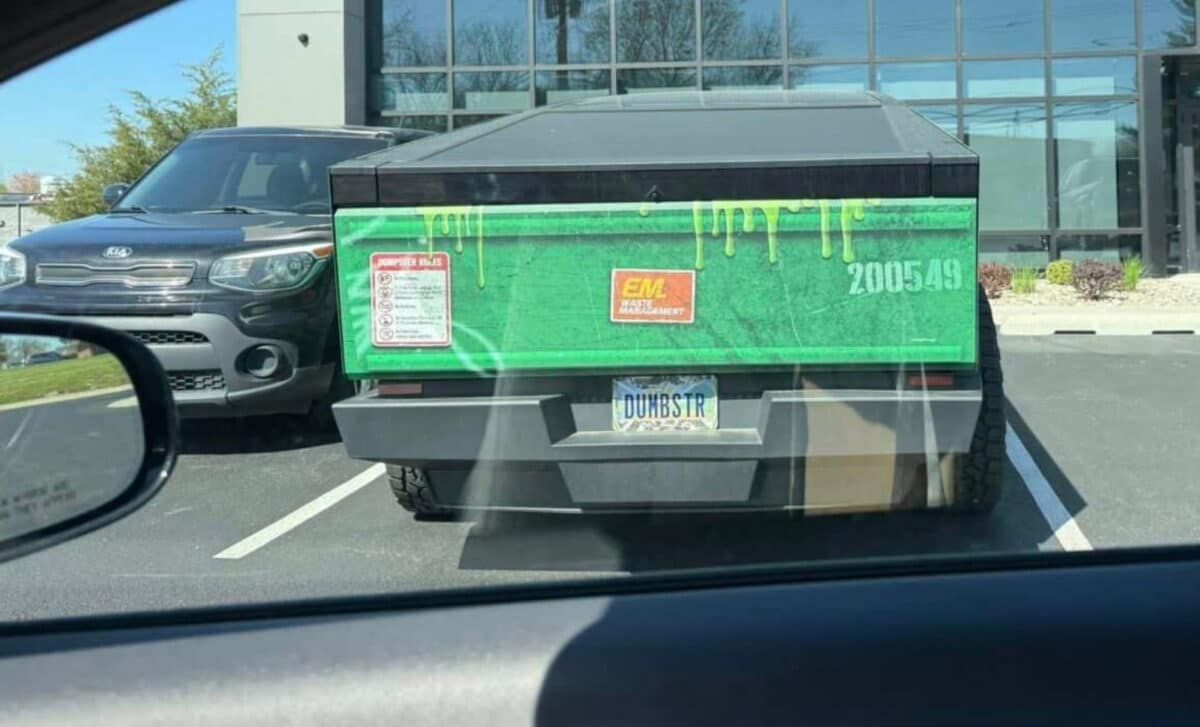
Factory Paint Colors Hold Stronger Value
Neutral factory colors—such as black, white, and silver—are still the safest option for buyers looking to protect their investment. These tones help vehicles retain approximately 60 to 70 percent of their value after three years.
The reason is simple: broader appeal. While flashy colors or unique finishes can help a car stand out temporarily, resale depends heavily on market demand. Buyers browsing used listings are more likely to favor cars that look clean, classic, and easy to maintain.
Custom paint or wraps also tend to age poorly. What might be trendy in 2025 could feel outdated just a few years later. This shift in taste often affects buyer perception, making it harder to sell modified vehicles even if they’re in excellent mechanical condition.
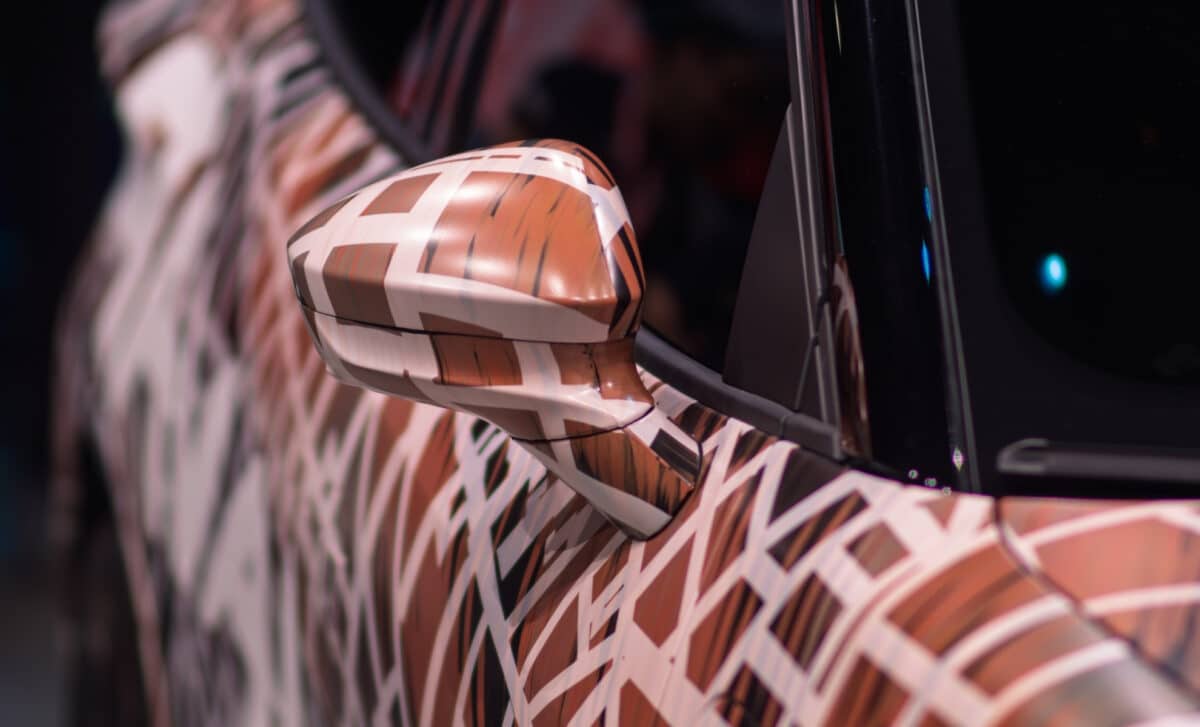
Avoiding Unnecessary Modifications
Depreciation is an unavoidable part of car ownership, but it can be slowed with the right decisions. Avoiding non-essential modifications is one of the most reliable ways to preserve value. If a wrap or body kit is essential for personal use, it should ideally be easy to remove before listing the vehicle for sale.
Beyond exterior changes, other basic practices—like following the manufacturer’s service schedule, addressing minor mechanical issues quickly, and keeping detailed maintenance records—can also make a difference in resale pricing. Regular interior cleaning and keeping the vehicle in presentable shape matter as well.
A custom wrap might help a car stand out in traffic, but when it’s time to sell, standing out too much can be more of a drawback than an advantage. For those thinking long-term, sticking with the factory finish may be the more cost-effective route.

